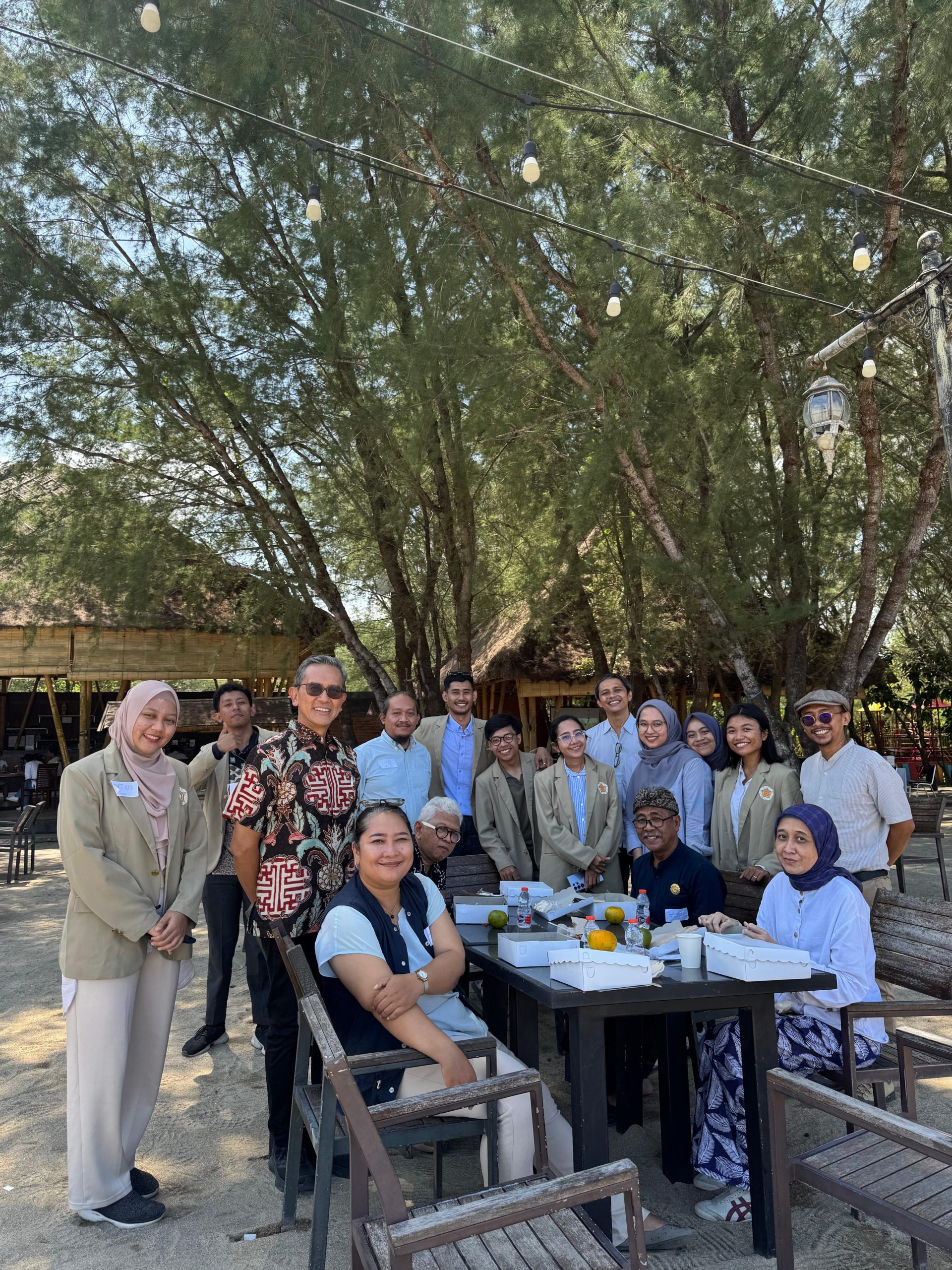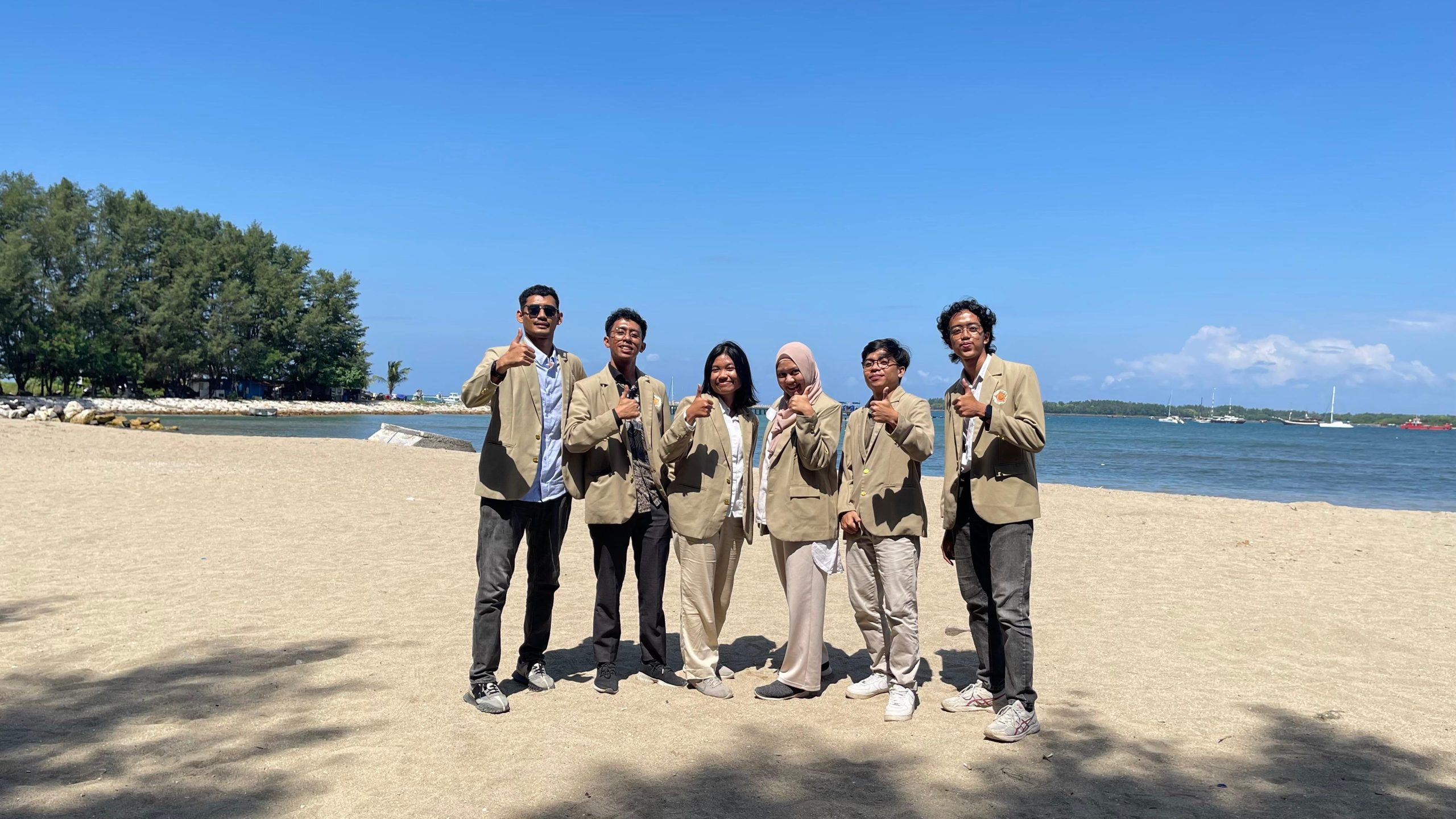From May 16 to 20, 2025, the sixth cohort of the Master of Urban Design program (2024 intake) conducted a field observation and Focus Group Discussion (FGD) as part of the co-creation tactical placemaking phase in the Comprehensive Exploration Studio course. The project was themed Designing a Low-Emission Area in the Sanur Coastal Region, under the supervision of Dr. Ikaputra and Prof. Bambang Hari Wibisono. This academic activity was part of a collaborative initiative between the World Resources Institute (WRI) Indonesia and Pustral UGM (Center for Transportation and Logistics Studies), involving active participation from local communities and key stakeholders.
The fieldwork and discussion sessions focused on gathering contextual insights through direct observation, stakeholder dialogue, and participatory mapping. Students were encouraged to engage not only as planners but as co-creators—working with residents and local authorities to explore spatial interventions that support low-carbon mobility, community well-being, and sustainable tourism in Sanur.
This academic and collaborative endeavor aligns with several Sustainable Development Goals (SDGs), such as:
-
SDG 3 – Good Health and Well-being, by promoting urban designs that encourage active mobility, reduce pollution, and improve access to healthier public spaces;
-
SDG 4 – Quality Education, as the studio provides an applied learning platform where students engage with real-world challenges through interdisciplinary collaboration;
-
SDG 7 – Affordable and Clean Energy, through explorations of energy-efficient design strategies and support for renewable energy usage in coastal public spaces;
-
SDG 9 – Industry, Innovation and Infrastructure, by proposing innovative low-emission infrastructure that supports sustainable mobility and resilient urban systems;
-
SDG 11 – Sustainable Cities and Communities, as the core objective of the studio is to develop a planning framework for inclusive, safe, resilient, and sustainable coastal environments;
-
SDG 13 – Climate Action, by embedding climate mitigation and adaptation strategies into spatial planning in response to the ecological vulnerability of coastal regions.
The Sanur coastal project reflects how academic studios can become a testing ground for scalable urban solutions—bridging research, design, community voice, and policy advocacy. Through this process, students are not only learning to design cities but also shaping futures that are healthier, greener, and more inclusive.



